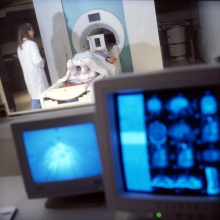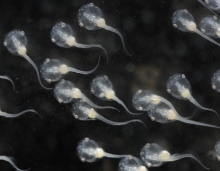Deep learning transforming neuroscience research
In an article published in Nature on Feb. 15, 2017, researchers, including principal investigators from the Montreal Neurological Institute’s McConnell Brain Imaging Centre (BIC), used magnetic resonance imaging (MRI) to predict the development of autism in babies.





